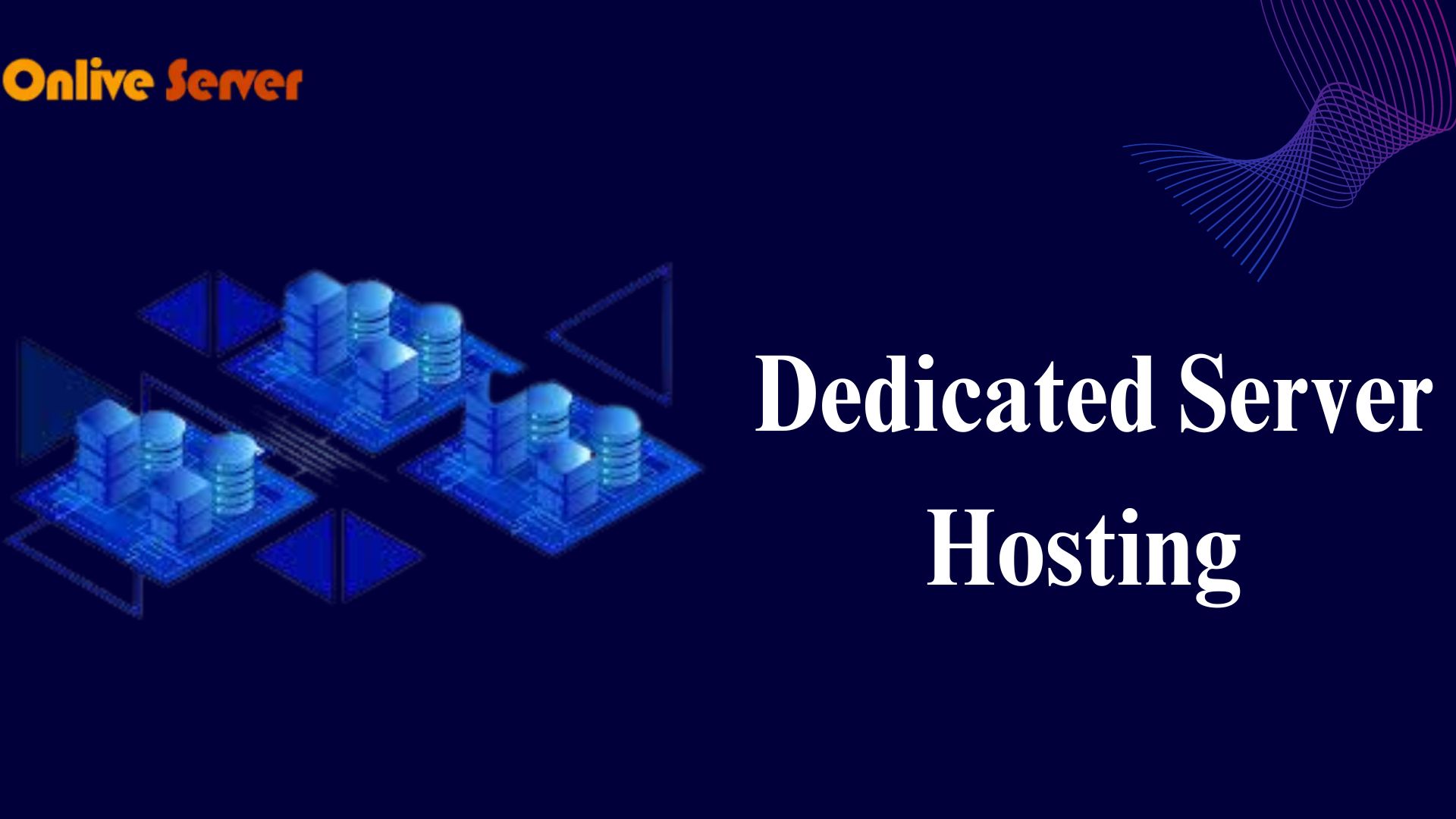Understanding Best Server Hosting
Best server hosting is a hosting solution where an entire physical server is allocated to a single user or organization. This means that all the server’s resources – including processing power, memory, storage, and bandwidth – are exclusively dedicated to your website. Unlike shared hosting, where multiple users share the same server resources, dedicated server hosting offers unparalleled performance, control, and customization.
Benefits of Cheap Server Hosting
- Ultimate Performance: With Best server hosting, you can harness the full power of the server’s resources, ensuring blazing-fast loading times and seamless user experiences. This is particularly crucial for websites with high traffic volumes or resource-intensive applications.
- Enhanced Security: Security is paramount in the digital realm. Best server hosting provides a heightened level of security as you have complete control over server configurations, software installations, and security protocols. This minimizes the risk of security breaches that can occur in shared environments.
- Customization: Tailoring the server environment to suit your specific requirements is a significant advantage of dedicated hosting. You can choose the operating system, software, and hardware components that align with your website’s needs, enabling optimal performance and scalability.
- Reliability: Shared hosting environments can be susceptible to performance fluctuations caused by neighboring websites. In contrast, dedicated servers offer consistent performance and uptime, ensuring your website remains accessible to users at all times.
- Resource Allocation: Resource allocation is never an issue with dedicated hosting. You won’t have to contend with other websites for server resources, ensuring your website can handle sudden traffic spikes without compromising performance.
Factors to Consider When Choosing Cheap Server Hosting
- Hardware Specifications: Assess the server’s hardware specifications, including the CPU, RAM, storage type, and capacity. Choose a hosting provider that offers a range of hardware options to match your website’s requirements.
- Scalability: While dedicated hosting provides robust resources, consider the provider’s scalability options. As your website grows, you should be able to easily upgrade your server to accommodate increased traffic and demands.
- Data Center Locations: The physical location of the data center can impact the speed and latency of your website. Opt for a hosting provider with data centers strategically located to target your primary audience.
- Managed vs. Unmanaged: Decide whether you need a managed dedicated server or if you’re comfortable handling server management tasks yourself. Managed hosting comes with additional support, security, and maintenance services.
- Security Features: Inquire about the security measures the hosting provider offers. This includes DDoS protection, firewalls, intrusion detection systems, and regular security updates.
- Customer Support: Responsive customer support is crucial, especially in times of technical issues or emergencies. Research the provider’s customer support reputation and availability.
Optimizing Dedicated Server Performance
While dedicated server hosting inherently offers exceptional performance, there are additional steps you can take to optimize your server’s performance even further:
- Content Delivery Networks (CDNs): Implementing a CDN can significantly improve website loading times by distributing your content across multiple servers worldwide. This reduces latency and ensures fast access for users, regardless of their geographical location.
- Caching Mechanisms: Utilize caching mechanisms such as opcode caching and object caching to store frequently accessed data in memory. This reduces the need for repeated processing and database queries, leading to faster page load times.
- Load Balancing: For websites experiencing high traffic, load balancing distributes incoming requests across multiple servers, preventing any single server from becoming overwhelmed and ensuring consistent performance.
- Server Optimization Tools: Implement server optimization tools to fine-tune your server’s performance. Tools like Nix, Varnish, and Me cached can help optimize web server and database performance.
Security Best Practices
While dedicated server hosting inherently provides a higher level of security compared to shared hosting, it’s still essential to implement robust security measures:
- Regular Updates: Keep your server’s operating system, software, and applications up to date with the latest security patches to protect against known vulnerabilities.
- Firewalls: Configure firewalls to allow only essential traffic to and from your server. This helps prevent unauthorized access and potential security breaches.
- Intrusion Detection Systems (IDS): Implement IDS to monitor server activity and detect any suspicious or unauthorized behavior. This proactive approach can help identify and mitigate potential threats.
- Backup and Disaster Recovery: Regularly back up your server’s data and configurations. In the event of a data loss or security breach, having backups ensures you can restore your website to its previous state.
Managed vs. Unmanaged Hosting
The choice between managed and unmanaged dedicated server hosting depends on your technical expertise and the level of control you desire:
- Managed Hosting: Opting for managed hosting means that the hosting provider takes care of server maintenance, security updates, and technical support. This is ideal for those who want to focus on their website content and business operations without dealing with server management tasks.
- Unmanaged Hosting: If you’re technically proficient and want full control over your server. Unmanaged hosting allows you to customize your server environment to your exact specifications. However, this requires a good understanding of server management and maintenance.
Future-Proofing Your Hosting Solution
As technology evolves, so do the demands of websites and online applications. When choosing a dedicated server hosting provider, consider the following to future-proof your hosting solution:
- Scalability Options: Select a hosting provider that offers seamless scalability. This ensures that as your website grows, you can easily upgrade your server resources to accommodate increased traffic and demand.
- Emerging Technologies: Stay informed about emerging technologies in the hosting industry. This includes advancements in hardware, software, and security features that can enhance your website’s performance and user experience.
- Support and Flexibility: Choose a hosting provider that offers excellent customer support and flexibility. This ensures that as your needs evolve, your hosting provider can adapt to meet those changing requirements
A key step in ensuring the success of your website is selecting a top-notch Cheap Dedicated Server hosting provider. The benefits of dedicated hosting, which include enhanced performance, security, customization, and control, make it a wonderful choice for businesses and individuals searching for top-notch hosting. Considerations like hardware specifications, scalability, security features, and customer support can help you make an informed decision when selecting a server hosting service. A solid hosting foundation lays the cornerstone for a remarkable online presence, so keep that in mind at all times.

